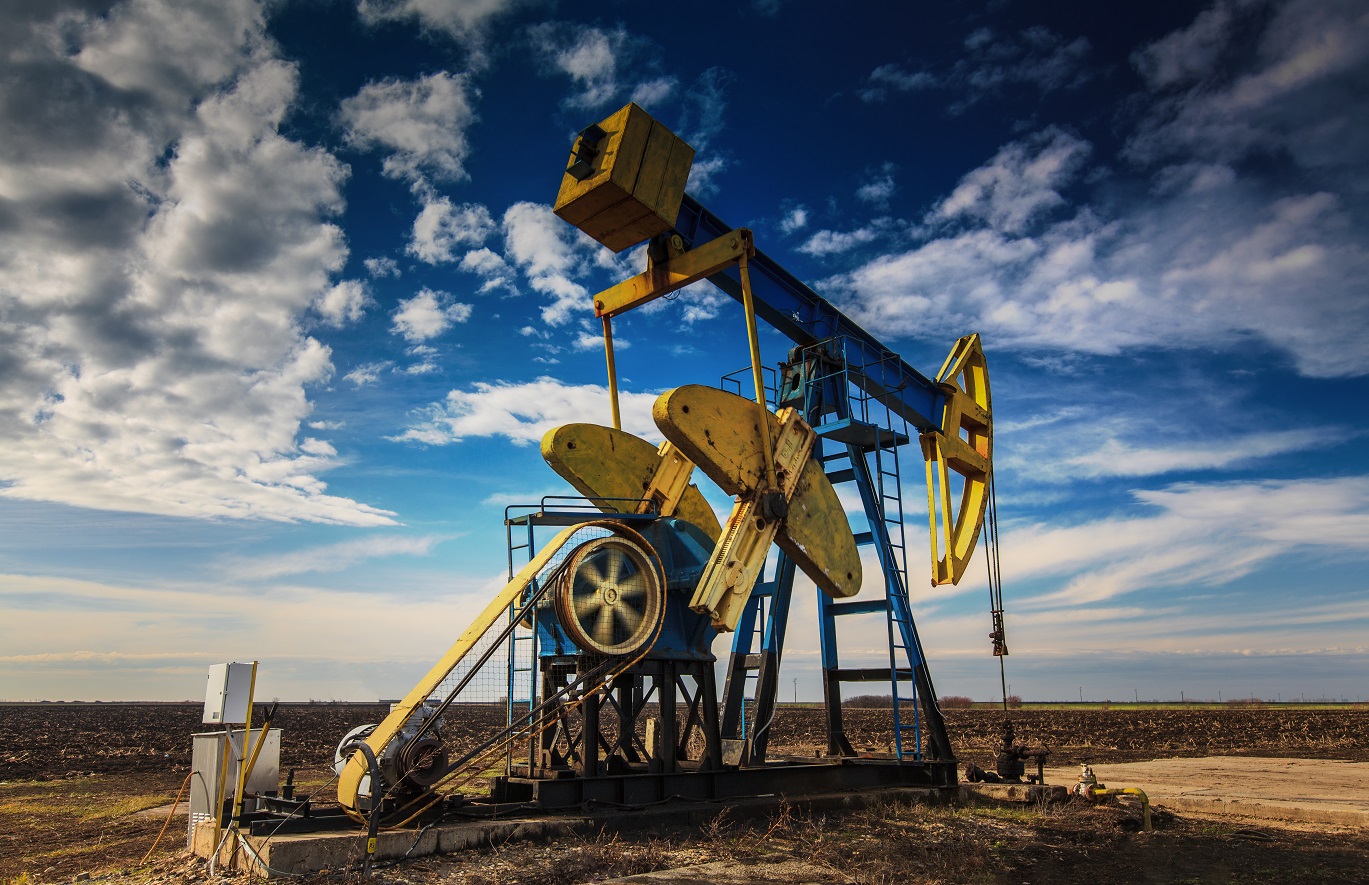Unfortunately, common sense doesn’t always prevail. In recent years, the United States has experienced a new energy boom as its shale deposits have become a viable source of oil and gas wealth. But rather than maximizing the value of those resources, America has chosen to restrict oil and gas exports, preventing them from flowing to the areas which value them most.
As a result, the value of U.S. oil, which once tracked world oil prices closely, has declined relative to the rest of the world. U.S. oil prices are currently trading at about $5 per barrel lower than international oil prices, and the difference was as much as $19 earlier this year. This disparity is not because of inherent quality differences, but rather because U.S. policies are designed to make our natural resource base less valuable.
How did this all come about? In short, a coalition of oil refiners and consumer interests convinced the U.S. government to protect their narrow interest in cheap oil over the common good. Following the Arab oil embargo of the 1970s, the United States passed a law forbidding oil exports. Because the nation was hardly in the oil export business anyway, for many years this was a gratuitous law with little impact. All that changed with the shale revolution. America now produces more oil than it has in 25 years, along with record levels of natural gas.
The United States still imports lots of oil, but imports now only account for one-third of U.S. oil consumption, the lowest share in 30 years. The crude oil produced domestically has bumped up against the capacity of U.S. refiners to turn it into gasoline or other final products. This means there is more oil than we can make good use of—yet the export ban prevents it from flowing beyond our borders, where it would have higher value.
By restricting exports, the United States is distorting the domestic energy market to lower prices.
A similar story prevails for natural gas. Although no law explicitly forbids exporting it, the Obama administration has been slow to issue permits for facilities capable of exporting natural gas, which must be chilled and liquefied before being transported by ship. Only three permits have been issued so far, while more than 20 proposed facilities await approval.
To historians of political economy, all of this has a familiar ring. In fact, free-market economics was born from a very similar policy debate.
That birth wasn’t embodied in Adam Smith, but rather a generation earlier in François Quesnay, an 18th century French political economist who had a profound influence on Smith and classical economics. Quesnay was the leader of a group of scholars that first called themselves “economists” (les économistes). These men of affairs were, however, more widely known as the physiocrats, meaning “rule of nature,” for their emphasis on the importance of natural resources on the one hand, and letting nature take its course on the other. They arguably coined—and certainly popularized—the phrase laissez faire, laissez passer. Loosely translated: Let the economy do what it may, go where it may.
At the time, the French economy was throttled by numerous regulations and confiscatory taxes on even the poorest subjects. In the eyes of the physiocrats, the worst regulation was a ban on agricultural exports. That law kept the domestic supply of agriculture commodities high, forcing the price of grain lower in France than the rest of Europe.
As with today’s ban on U.S. energy exports, France’s ban on agricultural exports was the result of lobbying from industrial and consumer interests, which wanted to hold urban wages low by keeping subsistence cheap.
But the physiocrats argued that distorting the market to keep the price of agricultural commodities cheap only impoverished the rural economy. As a consequence, France’s most important national asset, its farmland, was undervalued and underperforming. Freeing up the market for grain exports would unleash that wealth and encourage productive investments in land, which would enrich the whole country in the long run.
The physiocrats were right then, and their insights ring true today. By restricting exports, the United States is distorting the domestic energy market to lower prices. Although this may help refineries and consumers in the short run, the distortions do more damage to the economy by diverting resources to places where they are less valuable and by discouraging investment and production.
Simply put, gimmicks such as export bans make our resources less valuable than they could be, limiting the wealth of the nation rather than enriching it. It’s a lesson we should have learned a long time ago.




